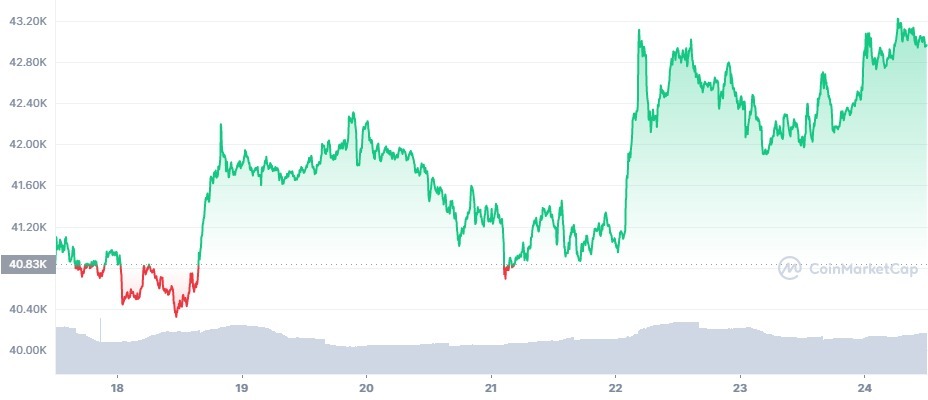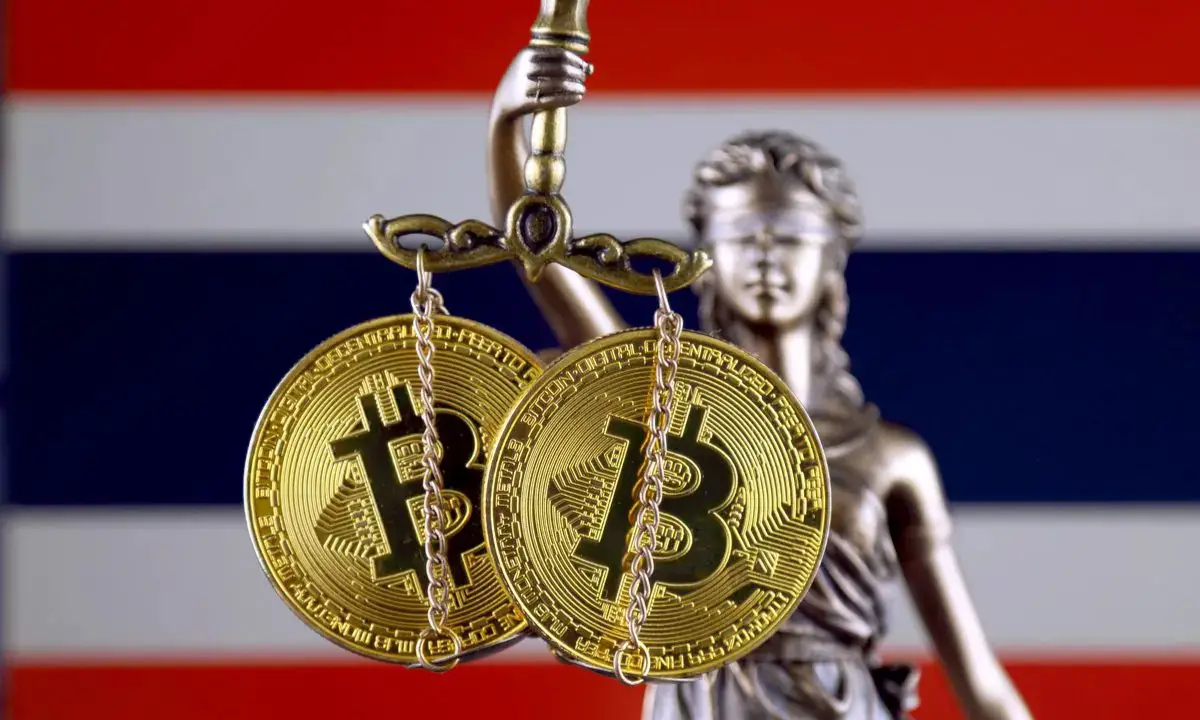According to the country’s financial regulator, Thailand bans Bitcoin and other cryptocurrencies as a method of payment as of April 1. While it does not outright prohibit trading or holding digital currencies, which is a popular practice in Thailand, the new regulations on Bitcoin and other cryptos endanger one of their most important uses as a payment alternative to cash.
Thailand bans Bitcoin and other cryptocurrencies
Starting from April 1, consumers will be unable to use cryptocurrencies to pay for items and services. Businesses have until 30 days after the date to stop accepting crypto payments. The Thai government has stated that crypto businesses will not be permitted to promote or advertise cryptocurrency transactions. Back in 2021, they also banned the trade of non-fungible tokens (NFTs), memecoins, as well as social tokens.

Thailand’s Securities and Exchange Commission announced last Wednesday that the ban, which was decided in collaboration with the country’s central bank, is motivated by financial stability risks as well as worries over money laundering.
Based on a 2021 analysis by Singaporean blockchain fintech TripleA, Thailand was ranked 14th among countries worldwide in terms of the number of crypto users that call it home. In Thailand, cryptocurrency is quite popular; as a proportion of the population, Thailand ranks 12th in terms of the number of digital asset owners, with 5.2% of people owning cryptocurrencies ahead of the United Kingdom, Brazil, France, Germany, and other major economies.
Bitcoin price: Effects of the Thailand ban
In absolute terms, Thailand’s prohibition on crypto transactions is a blow to Bitcoin’s ideals, but the digital asset footprint in the country is modest. Following the announcement, Bitcoin prices did not waver.

As of the writing of this article, according to CoinMarketCap, Bitcoin trades for $43,036.01 and has risen 2.31% in the last 24 hours.





